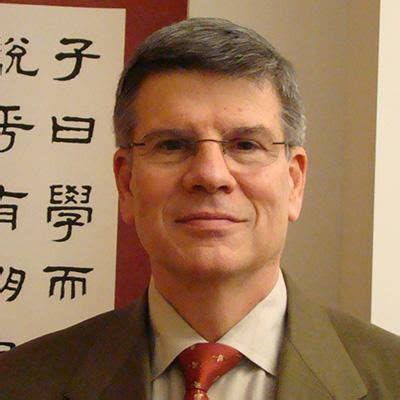A Quote by George Osborne
We are very supportive of the economic reforms that the Chinese government have talked about.
Related Quotes
There's every reason to think that whatever their political leanings, Americans will be highly receptive to numerous reforms designed to improve health, safety, economic security, environmental quality and democratic self-government - at least if those reforms do not eliminate their freedom of choice.
Chinese movies are not just about making Chinese local movies. It's about the Chinese money, the Chinese creativeness participating in a global movie. The problem is not the government not supporting this, they of course support this big time. The problem is whether other people are capable of doing the same thing I'm doing.
I was afraid people wouldn't take me seriously, or would stop respecting me, if I talked about how bad I was feeling. The only people I talked openly about it with was my business partner, Dave Jilk, and my girlfriend - now wife - Amy Batchelor. They were amazingly supportive, but even then, I was deeply ashamed about my weaknesses.
When U.S. commercial interests press the Chinese government to do a better job of policing Chinese websites for pirated content, a blind eye is generally turned to the fact that ensuing crackdowns provide a great excuse to tighten mechanisms to censor all content the Chinese government doesn't like.

































